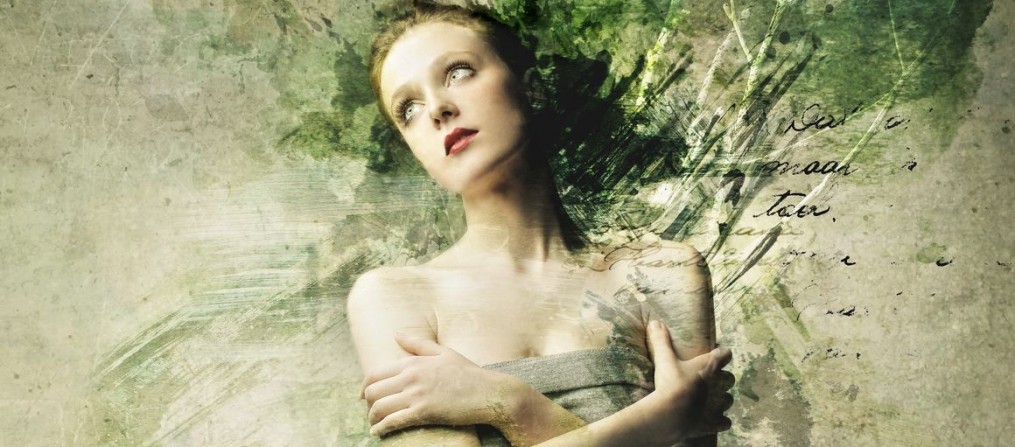
Image Copyright laurast via 123rf.com
In 2007, the job market was not as dire as it would become, but it was already tumbleweeds in the tech sector in Southern Virginia. I relocated to Austin, Texas where tech was (and is) booming. I had a job within a week, but I had no friends in my new town. That’s where blogs filled a gap, giving me access to the intimacy of friendship without geographic constraints. I discovered several writers’ blogs, and anticipated their posts with the giddiness of afternoon coffee with a good friend.
It would be another four years before I started my own blog. In the intervening years, I lurked rather than commented because I felt weird with how lopsided our “relationship” would be, given I wasn’t blogging. I learned about the illnesses, the envies, the fears, and the joys of many writers I’ve never met. Sadly, none of continue to blog. I wonder what happened to them. Did life crush them with obligations, commitments, or depression? Did they move to a new blog with no backlinks to avoid a troll? Are they dead?
I had a writing mentor at that time. We met in Zoetrope’s Virtual Studio, a forum for writers to critique other writers, rank them, and possibly get a story picked up by Zoetrope for their lit magazine. Most of the writers were newer than I was to the craft, and I lucked into finding IJJ, who was a very experienced writer. At one point, he sent me a physical copy of a story of his published in The Paris Review. (Yes, mind=blown!) IJJ never wavered to tell me when I’d edited out the heart of my story. He called me on my BS and also told me where my writing shone. IJJ was in his sixties, and there were intimations of health issues. The last time I heard from him was in 2007, and he was moving to a new home in the country. He reminded me that while we put ourselves into our writing, strict adherence to our personal reality can diminish the impact of the story. I wrote back, and he never responded. I tried again last week, even knowing his email address has been disconnected for years. He hasn’t logged in at Zoetrope or any other known haunts in the last seven years. I think that he is dead. I am sorry that I don’t know for sure. What I do know is that my writing is better for having his influence. I hope that he knows that.
There are many other writers I’ve met that have disappeared. They stopped blogging, stopped commenting, stepped away from the community. I wonder where those lost writers are. I wonder if they are still writing, and if their silence means they are working on the next Great Novel. I hope they aren’t sick, dead, depressed, or utterly gone from writing. I miss them.
I understand disappearing. I disappeared physically from Virginia, choosing to start fresh without leaning on any of my former friendships. Later, I disappeared from the online writing community, not even connecting with the people in my writing guild. I know what happened to me. In both cases, I felt too raw to connect, too vulnerable. I retreated into isolation because I didn’t know how to cope with what felt like Really Big Things: job loss, shattered dreams (I wanted to be a philosopher of science, imagine that!), broken friendships, living in a new place, the fact that self-publishing wasn’t what I thought it would be, and later, that submission to traditional publishers was what I thought it would be. There are a lot of situations in life that are overwhelming. My coping mechanisms were faulty, and they left me isolated. I’ve learned new ways to deal with life, and they’re working for me. I banished artist’s envy. I got out of the ambition room, and stopped striving for success that didn’t thrill my soul. I seek fellowship with others on my path. I embody gratitude. I’m entering into a more spiritual mode of coping. I’m no longer one of the lost writers.
I’m busy writing a guide explaining the precepts I followed to get to where I am now: happy, peaceful, excited about writing. It’s called Bring Your Joy: A Code for Creatives. I know it can’t bring back IJJ, RIP. I know it probably won’t ever reach the bloggers who pulled me through the loneliness of 2007, and have since disappeared. It might reach you, though, and be of some help. When it is ready, I’ll announce the release of Bring Your Joy. The guide will be offered as a free PDF download. Expect it within the month. If you’re in dire need now, though, leave me a comment, and I will get you a rough-draft. It’s that important to me to share the message.
If you are a writer or blogger who has gone away from the community, know that someone misses you. We wonder where you are. We hope you are okay.
Xoxo,
-aniko
If you enjoyed this post, please subscribe to my newsletter.
I adore and reply to comments.





